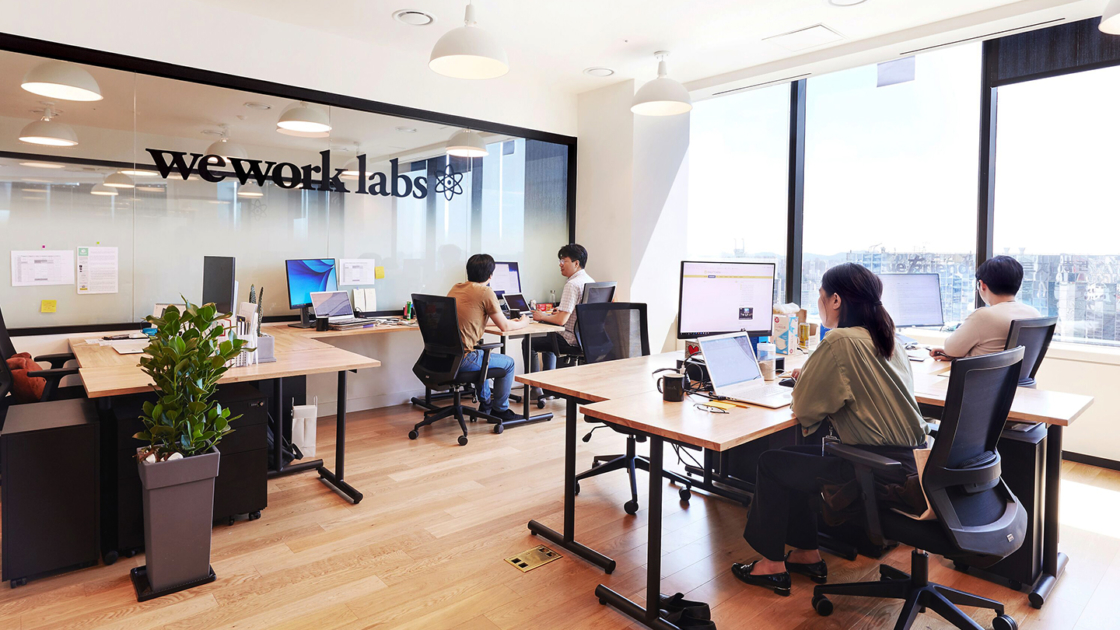As a book lover and over-preparer, I read more than 100 books before the birth of my daughter, Lucy, now 4. In some ways, all that prep paid off: While of course having an infant was much more complicated than the books made it out to be, reading them helped me at least know the basics of newborn care, including when to call the actual doctor vs. relying on Dr. Google. The hard part for me came later, once I was back at work and Lucy was in childcare. I had to learn to schedule my work days around unexpected illness, snow days, and the mad dash out of the office in order to make daycare pickup. Books that talked about the realities of being a working parent seemed scarce, even in 2015.
But in the past few years some excellent books have acknowledged that being a working parent may always be complicated. Whether you’re a current parent, future parent, or a supporter of the working parents in your office, these books are valuable guides for the “How do I achieve the career I want and have the family life I need?” struggle. And while many may be specific to mothers (after all, working dads don’t worry about scheduling pumping breaks), both parents will appreciate the many key realizations and sanity-saving hacks.
1. Don’t have a work uniform? Get one.
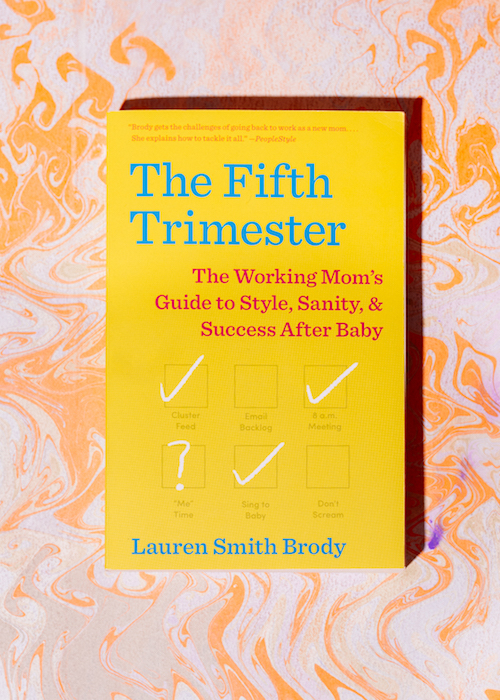
Button-up and jeans? Hoodie and Allbirds? While “work uniforms” may be mocked as the look of the startup scene, they’re invaluable for any working parent who needs to get out the door quickly every morning. Practical tips like this populate Lauren Smith Brody’s book, The Fifth Trimester. While “the fourth trimester” has been used to describe the first three months of a newborn’s life, Brody coins “the fifth trimester” to describe the challenge of heading back to work once maternity leave is done. Using plenty of anecdotes and why didn’t I think of that? advice (pro tip: Start work post-maternity leave on a Wednesday, so you can ramp up to a five-day week), Brody doesn’t sugarcoat the return to work. It’s hard. It’s unfair. You may cry, and your boss may try to paint your emotional vulnerability as professional weakness. But by acknowledging the realities some women face, Brody offers a handbook that can help new parents formulate a plan to get through those first months back at work. (Read her story on postpartum products for new mothers.)
2. Choose priorities. Delegate, outsource, or forget the rest.
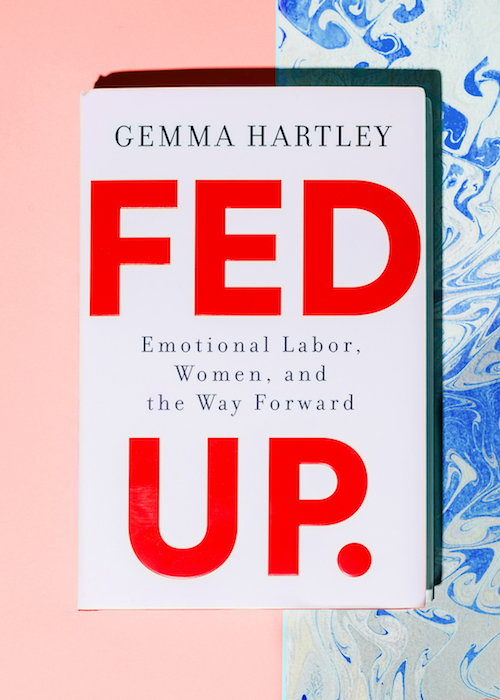
While two working adults can often find an egalitarian system in domesticity (late nights working = takeout), everything becomes more complicated with a child in the mix. In Fed Up: Emotional Labor, Women, and the Way Forward, Gemma Hartley focuses on the concept of “emotional labor”—the who finds the babysitter, schedules the pediatrician appointment, and makes sure the dog is walked every day?—that tends to get out of balance post-baby. While the subtitle of the book addresses women, one parent I know with a same-sex spouse told me how much he got out of the book, and how much it changed the dynamics between him and his husband when it came to caring for their infant. Key for new parents: Hartley suggests discussing priorities with your partner. Yes, it’s essential that the kids be picked up and fed each night. But how tidy does the house need to be on a daily basis? If tidiness is an essential for one of you, consider outsourcing housekeeping. And if buying presents for the extended family stresses you out, have your partner take over the task for a year—but don’t criticize if 2019 becomes the year of coffee gift cards for everyone.
3. Your kids will become part of your work life. Own it.

No, Michelle Obama’s Becoming is not a parenting manual. But when I read the chapter about Obama bringing infant Malia to a job interview, I realized just how important the narratives of powerful women struggling to balance it all are—and how often they’re missing. I love that Obama expressed her frustration and anger when her husband wasn’t available to do the heavy-lifting of parenting during his senatorial campaign. I love that she’s honest about how relationship counseling helped both of them become better parents and spouses, and more effective at their jobs. Seeing parenting in a memoir—not a parenting memoir—is a trend that I hope continues. After all, your kids change the way you approach everything—including work.
4. Your experience with parenting is different than your partner’s and other parents’. Talk through what you don’t understand—and don’t be afraid to seek help.
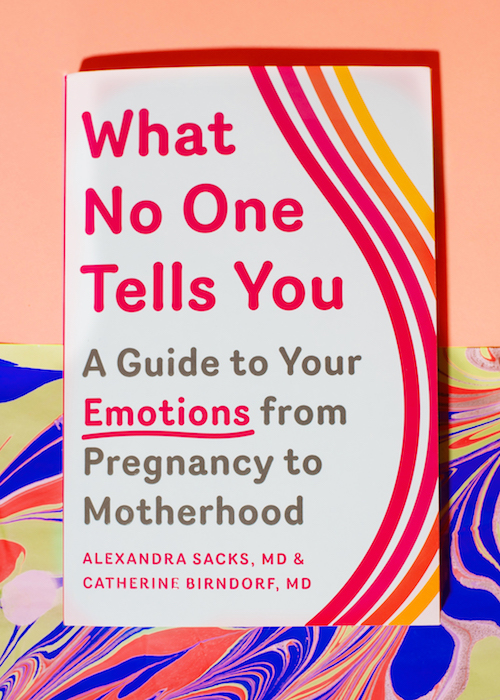
When I went back to my first office job when my daughter was seven months old, I cried at my desk every morning. It wasn’t because I missed her or because I was overwhelmed. Retrospectively, I realized so much of my emotional lability was because of massive hormonal shifts. In What No One Tells You: A Guide to Your Emotions From Pregnancy to Motherhood, Alexandra Sacks explores the concept of “matrescence”—the change women experience when they become mothers. This book is a resource for parents who may have the hows of parenting on lock, but know that even having an encyclopedic knowledge of best practices for bottle feeding isn’t enough to account for the emotional uncertainty that can be part of parenthood.
5. Flexibility isn’t just a “parent” thing.
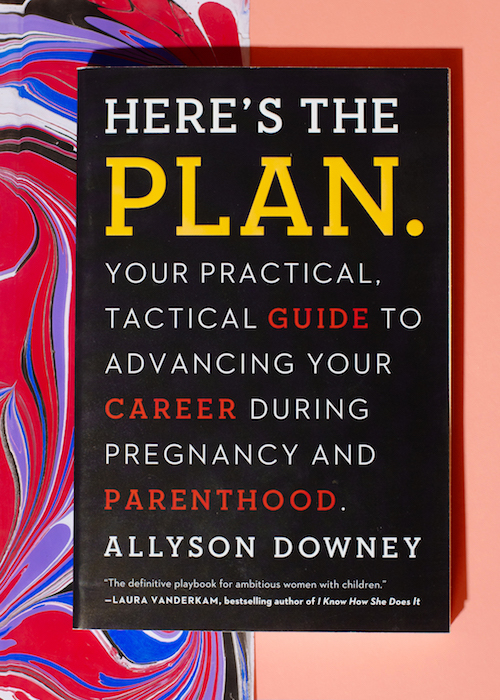
For anyone who’s wondered whether they “should” search for a new position, accept a promotion, or look for investors while they start a family, author Allyson Downey reminds parents they don’t need permission to be ambitious as a new parent. In her book, Here’s the Plan: Your Practical, Tactical Guide to Advancing Your Career During Pregnancy and Parenting, she reminds readers that family-friendly policies are employee-friendly policies, and that an office culture in which employers feel supported and empowered to care for their family—whether a child, aging parents, a beloved pet, or a combination thereof—fosters loyalty and goodwill. There’s also great advice for parents and parents-to-be, including how to make a child-coverage plan; been-there anecdotes about dealing with a hostile-to-parents work environment; and solid reassurances (mommy brain is a myth, according to science). This book is key to creating the new normal when it comes to being all in at home and at work.





